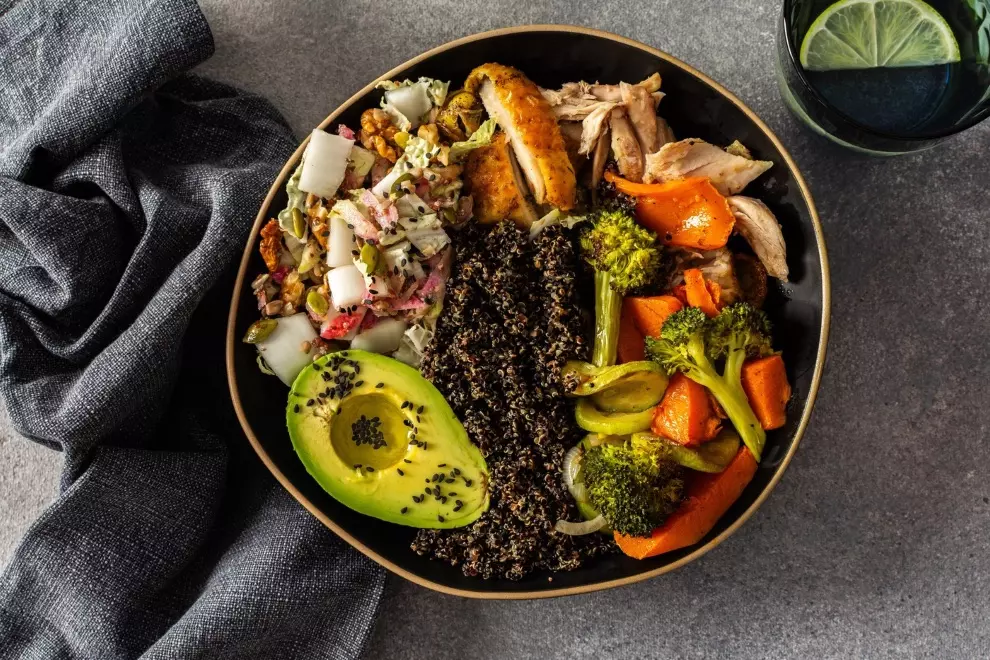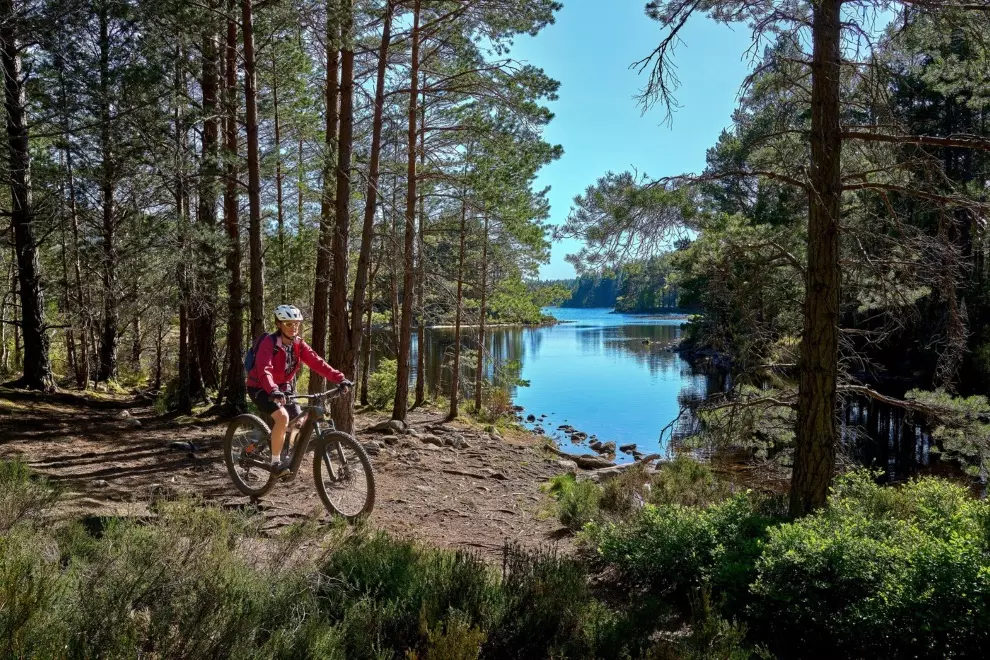What to eat pre-race?
The first thing to keep in mind is that pre-race nutrition starts several days before the race. The average amateur cyclist stores about 500 g (2000 kcal) of glycogen in muscles. Glycogen is used for energy in mid and high intensities so it’s crucial to have these stores fully loaded. You should increase your carbohydrate intake in the days leading up to your race to do that. For example: starting 48 hours before the race, consume 8 – 10 g of carbs per 1 kg (2.2 pounds) of your body weight per day.
Sufficient fuelling in the days before your race will give you a big advantage, but the foods you eat for your race-day breakfast will still have the biggest impact on your performance. You should eat about 3 hours before a race to avoid gut issues, especially before races that are longer than about 90 minutes. We will talk more about what types of carbs to choose and what nutrients to avoid in the next article. But regardless of your choice, make sure you are comfortable with it and it works for you. It’s important to practise your race-day fuelling in training, so that there are no surprises.
What to eat after a race?
Your post-race nutrition should be adjusted based on what your goals are for the next day. If you’re not a pro and you have the luxury to take it easy, then you will probably be ok with eating something easy to digest right after a race, like a piece of fruit, and then a good meal with carbs, protein, and fat within about 90 minutes of finish. If you want to maximize the speed of your recovery or you’re in the middle of a stage race, you can go a step further.
https://www.instagram.com/p/BJKzO82h18V/
There is a window around 30 – 60 minutes after a hard exercise where the capacity of your muscles to absorb and store nutrients is increased. It’s important to supply your body with carbs so it can replenish as much glycogen as possible, and also protein to get out of catabolism as fast as possible. The body also continues burning calories hours after a hard exercise so you should have a second dinner in the late evening. If you’re not sure what foods or recovery shakes are the right ones, check out the next article, and you’ll also learn a tasty recipe for a recovery meal.











